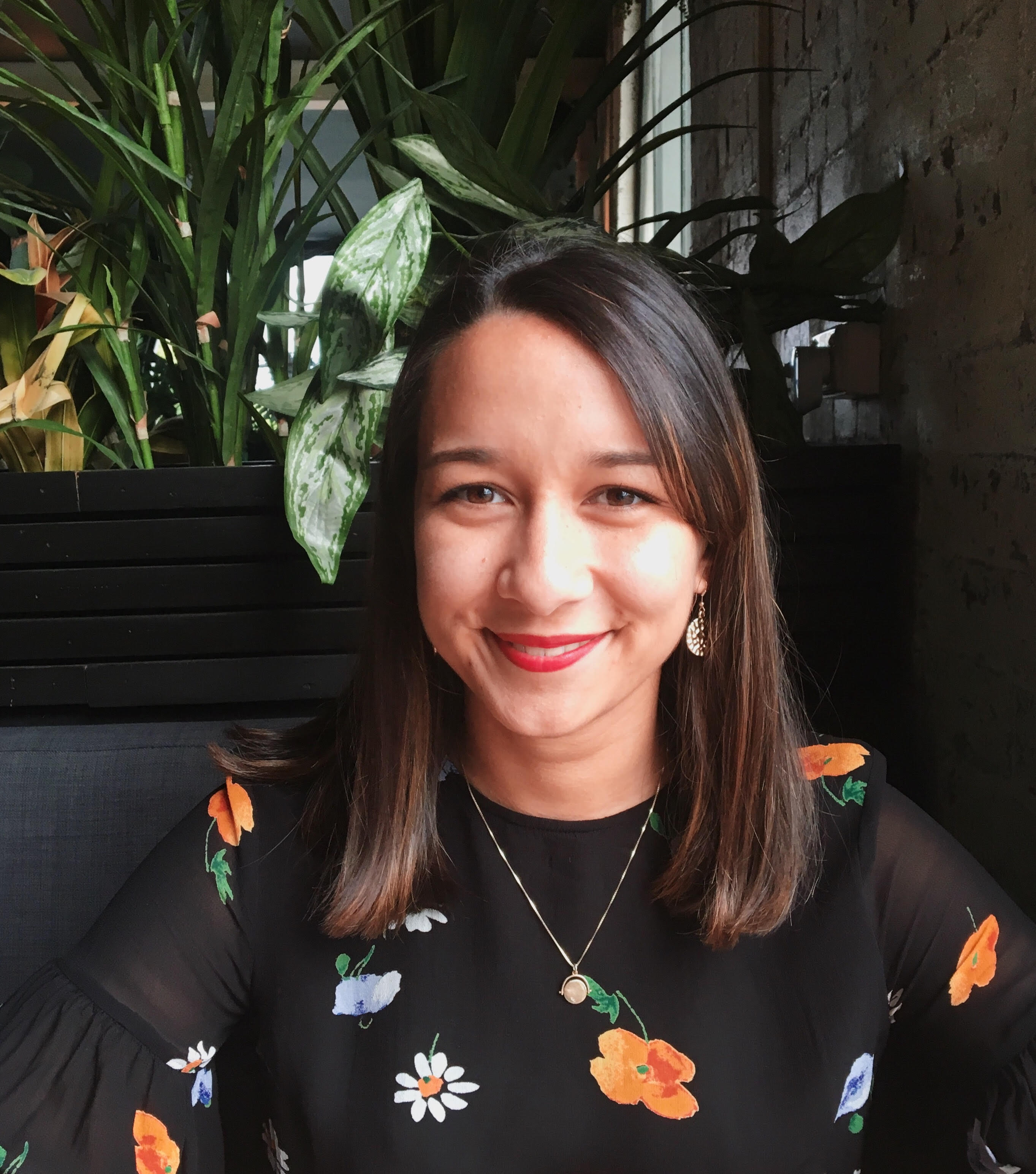Alumni Q&A - Nashata Yoosuf
Bachelor of Arts 2013, M. Management (Marketing) 2017
Current role/company
Product Marketing Officer at Swinburne University of Technology
Where in the world are you?
Melbourne, Australia
Tell us about your experience since leaving university. How have you come to your current position? Is this the sort of role you always wanted to be in, or were there some twists and turns along the way?
I entered my masters degree as a psychology research assistant, started a small business during my degree, and upon graduation, I was social media and partnerships coordinator at a design company. There have been twists and turns, but I am grateful for these!
Choosing to initially go into a medium-sized organisation meant that I could be nimble, try out different things, and learn from experienced people who cared deeply about making an impact through business.
I currently work in the higher education industry, and not a day goes by without me using different combinations of the skills I’ve developed along the way. It’s important to be open to opportunities that you align with, even if they may seem a little unconventional at first.
How have you adapted during the COVID-19 pandemic e.g. moving on-line, working from home, etc? Have you learned anything about working flexibly/digitally that you were surprised by?
As it would be for most Melbournians, some days are great, and you feel quite well-adjusted, while others take a bit more effort! Accepting both of these is key to adapting.
The organisation I work at did a wonderful job of making people feel supported during the transition. Presenting to internal clients and collaborating on projects virtually has been quite seamless, but I do miss the incidental conversations you have with colleagues.
Not having a commute has been one of the biggest benefits, having a bit more time in the morning allows me to start the day more focused.
What method would you say is best for reaching out to connections and networking?
Before reaching out to a connection, find out why you are wanting to do so. This will help inform your approach.
Avoid asking people whether you can “pick their brain”, as this is usually too open-ended. Instead, you could ask them a specific question about whatever it is that you admire about their career, their skill set, or the organisation that they work at.
Joining industry associations and attending events is also a great way to form professional relationships.
Lastly, use your platforms to share content and start a conversation. This is something I am trying to get better at myself. Publishing a short article or a post on LinkedIn will give people an opportunity to engage with you.
What is the best way to develop your CV while you’re at university?
Instead of looking at it through the lens of ‘how can I develop my CV?’ ask yourself, what is it that I am drawn to? Then follow and engage in these areas of interest.
This could be in the form of joining clubs, entering case competitions, volunteering, internships, or through initiating a project of your own.
This way, you will organically enrich your CV and meet like-minded peers. More importantly, these activities will help you understand the type of work you find fulfilling and the organisations that interest you. Having an understanding of this is incredibly beneficial to assessing opportunities that may come your way towards the end of your degree and after you graduate.
What is your top tip for exam preparation?
Try to understand what study style works best for you. If you need outer accountability, going to a library and being amongst others who are studying is a good option.
Make sure you understand the concepts you are studying, rather than just knowing what they are. Try to think of practical applications of theories that you can draw on as examples when it comes time to recall what you have studied. A good way to test your understanding is through mock exams or practice questions.
If there are certain subjects that you find more challenging, engage the help of a friend or tutor and work collaboratively to build your understanding. On the day of the exam, go in with the mindset that you have done what you can, and that you’ve got this!
If you’d like to ask Nashata more about her experiences, connect with her on LinkedIn and mention you have read the Q&A.